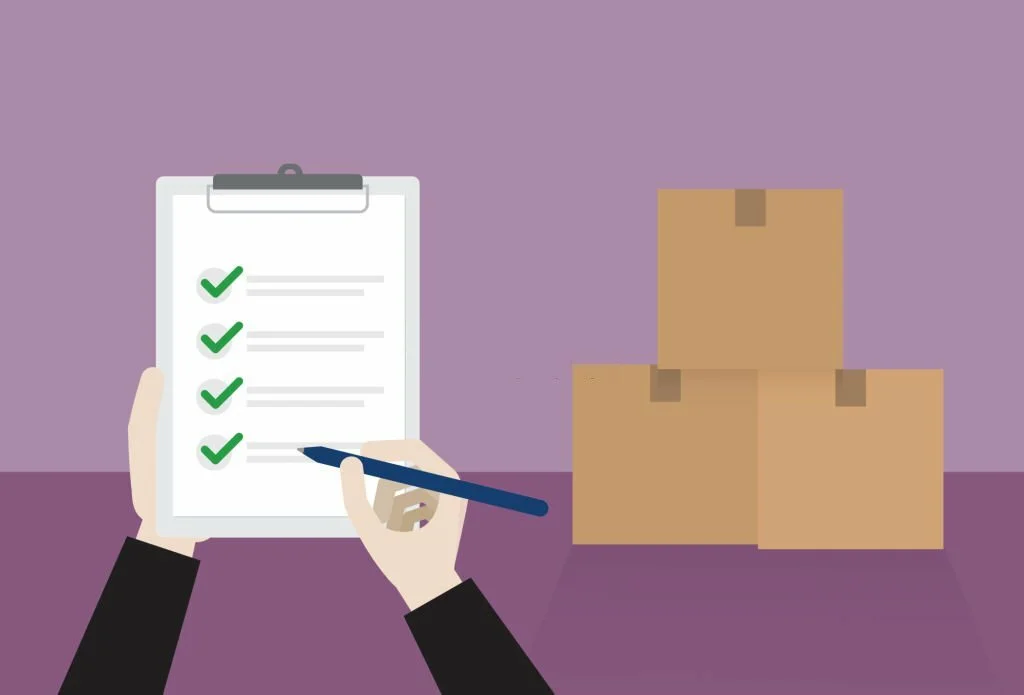What is Customs clearance?
Definition:
Customs clearance is a pivotal process in international trade and logistics, encompassing the activities and formalities required to ensure that goods can enter or exit a country in compliance with the legal and regulatory requirements of that nation. It is a complex procedure that involves the submission of documentation, the payment of duties and taxes, and compliance with various customs regulations and standards.
Significance:
Trade Facilitation: Customs clearance is essential for enabling the smooth flow of international trade. It ensures that goods can legally and efficiently cross borders, promoting the exchange of goods between countries.
Revenue Collection: Customs duties and taxes collected during the clearance process are a significant source of government revenue. These funds can be used to finance public services, infrastructure, and other government initiatives.
Security and Regulation: Customs clearance is a vital component of national security. It helps governments track the movement of goods, prevent illegal activities, and enforce trade regulations, including restrictions on certain products.
Importance:
Compliance and Legal Requirements: Customs clearance ensures that imported and exported goods comply with all legal and regulatory requirements of the importing or exporting country. This includes adherence to trade agreements, safety standards, and restrictions on specific products.
Documentation: The accurate preparation and submission of customs documentation, such as bills of lading, commercial invoices, packing lists, and certificates of origin, are critical to the customs clearance process.
Duties and Taxes: Customs clearance involves the calculation and payment of import duties, taxes, and other fees that may be levied by the importing country. Accurate assessment and payment are essential to avoid delays and potential fines.
Key Aspects of Customs Clearance:
Customs Brokers: Many businesses and individuals use the services of customs brokers or clearing agents who are experts in navigating the customs clearance process. These professionals help ensure compliance and facilitate efficient customs procedures.
Documentation Requirements: Different countries have specific documentation requirements for customs clearance. Ensuring that all necessary paperwork is complete and accurate is essential to avoid delays and complications.
Tariffs and Taxes: Import duties and taxes can vary significantly between countries and depend on the type of goods being imported. Understanding these costs and obligations is critical for accurate budgeting and pricing.
Goods Classification: Customs authorities use a harmonized system of product classification to determine the correct tariff rates and regulations for each item. Proper classification is crucial for accurate customs clearance.
Regulatory Compliance: Customs clearance may involve compliance with additional regulations, such as health and safety standards, environmental requirements, or intellectual property rights.
Security Measures: In response to security concerns, some countries have implemented security measures that require the submission of additional documentation and information to ensure the safe movement of goods.
Customs Valuation: The value of the goods for customs purposes is another critical consideration in the clearance process, as it affects the calculation of duties and taxes.
In summary, customs clearance is a complex and essential process in international trade. It ensures that goods can legally cross international borders in compliance with the legal and regulatory requirements of the importing or exporting country. Proper documentation, accurate assessment and payment of duties and taxes, and compliance with various regulations are all central to successful customs clearance. The process can be facilitated by customs brokers and agents who specialize in navigating the intricacies of customs procedures, ultimately supporting the efficient and lawful movement of goods in the global marketplace.
